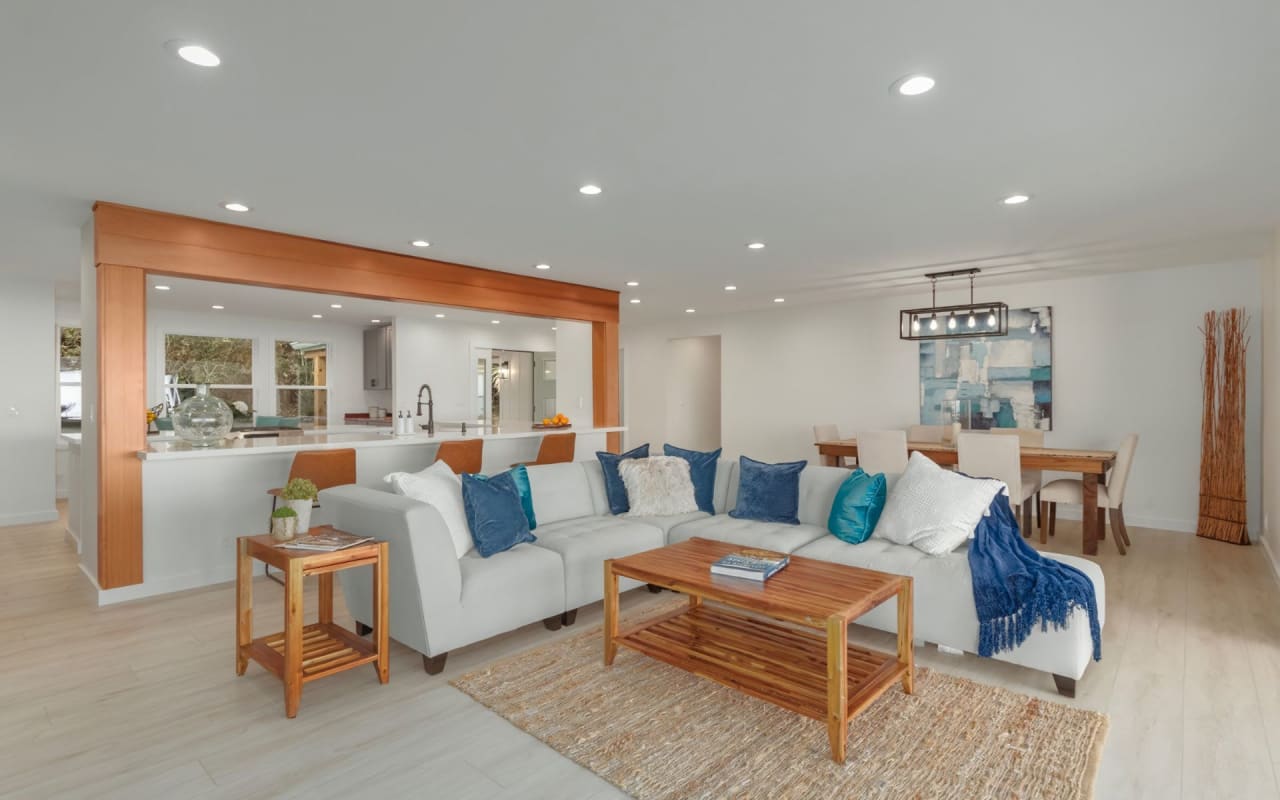In the realm of real estate, the decision to purchase a second home or an investment property requires careful consideration and a clear understanding of one's financial goals. While both options offer the prospect of real estate ownership, they serve distinct purposes and come with unique considerations. In this comprehensive guide, prospective buyers will explore the key differences between acquiring a second home and an investment property, helping them make informed decisions tailored to their individual needs.
Buying a Second Home: A Retreat or Vacation Oasis
The idea of owning a second home often conjures images of idyllic retreats and vacation getaways. Purchasing a second home is typically driven by the desire for a personal haven, a place to escape the routine of daily life, and create lasting memories with family and friends. Key characteristics of buying a second home include:
1. Personal Enjoyment:
The primary motivation behind acquiring a second home is personal enjoyment. Buyers seek a property that aligns with their lifestyle, providing a sanctuary for relaxation, recreation, and quality time with loved ones.
2. Location and Lifestyle:
The location of a second home is crucial, as buyers often choose destinations that offer the desired climate, scenery, and recreational activities. Whether it's a beachfront cottage, a mountain retreat, or a serene lakeside property, the focus is on creating a personalized haven.
3. Limited Rental Income:
While some second-home owners may choose to rent out their property on occasion, generating rental income is not typically the primary objective. Instead, the focus is on maintaining the property for personal use and enjoyment.
4. Potential Tax Benefits:
In certain cases, second-home owners may be eligible for tax benefits, such as mortgage interest deductions and property tax deductions. However, these benefits can vary based on individual circumstances, and consulting with a tax professional is advisable.
Investment Property: Maximizing Returns and Building Wealth
On the other hand, investing in real estate for the purpose of generating income and building wealth is the primary goal when acquiring an investment property. Investors approach this decision with a business mindset, aiming to maximize returns over time. Key characteristics of buying an investment property include:
1. Income Generation:
The primary objective of an investment property is to generate rental income. Investors seek properties in high-demand rental markets, focusing on cash flow and potential appreciation to build long-term wealth.
2. Location and Market Analysis:
Investors conduct thorough market analyses to identify locations with strong rental demand, potential for property value appreciation, and positive economic indicators. The decision is driven by financial metrics rather than personal preferences.
3. Property Management:
Investment property owners often engage in property management or hire professional services to handle the day-to-day operations. This includes tenant selection, maintenance, and addressing any issues that may arise.
4. Tax Advantages:
Investment property owners may benefit from various tax advantages, including deductions for mortgage interest, property depreciation, and operating expenses. Consulting with a tax professional is essential to maximize these benefits.
Key Considerations for Prospective Buyers
When weighing the decision to purchase a second home or an investment property, prospective buyers should consider several key factors:
1. Financial Goals:
Clarifying financial goals is crucial. Those seeking a personal retreat may prioritize personal enjoyment, while investors focus on generating income and building long-term wealth.
2. Location:
The location of the property plays a significant role. Second-home buyers prioritize personal preferences, while investment property buyers emphasize market analysis and potential returns.
3. Maintenance and Management:
Understanding the level of involvement in property maintenance and management is essential. Second-home owners may handle these aspects themselves, while investment property owners often enlist professional services.
4. Tax Implications:
Both second-home and investment property purchases have potential tax implications. Buyers should consult with tax professionals to understand deductions, benefits, and obligations associated with their chosen path.
Your Kailua-Kona, Hawai'i Real Estate Expert: Mike Despard
As you navigate the decision to purchase a second home or an investment property, having a local expert by your side can provide invaluable guidance. Mike Despard, a seasoned real estate professional in Kailua-Kona, Hawai'i, brings a wealth of experience and local knowledge to the table. Whether you're envisioning a tropical getaway or exploring investment opportunities in paradise, Mike Despard is your trusted advisor in Kailua-Kona real estate.
Contact him today and embark on a tailored and successful real estate journey in the breathtaking landscape of Hawai'i.










